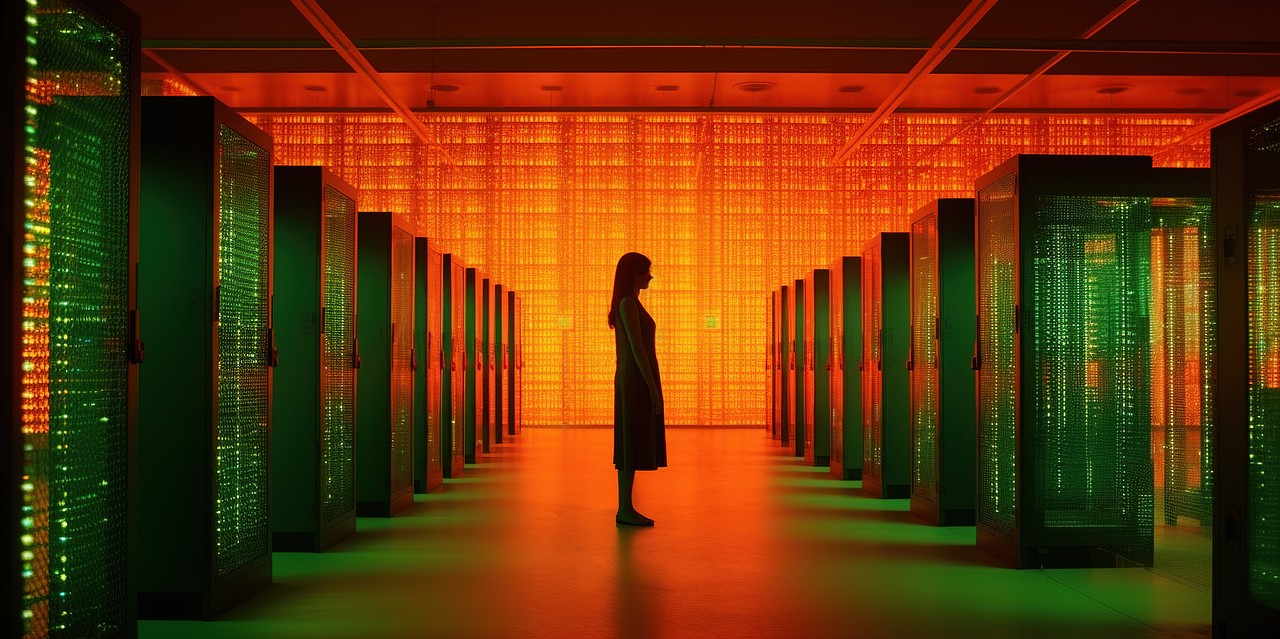None

Brief news summary
NoneThere were several issues encountered with the video player, such as slow content loading, failure to load video content, frozen or incomplete loading of ads, failure of video content to start after ads, and excessively loud audio on ads. Other problems included ads not loading, ads causing delays or hindering page loading, content shifting during ad loading, repetitive ads, and additional unspecified issues. The emergence of artificial intelligence tools has promised to streamline tasks, enhance efficiency, and increase productivity in various workplaces. However, Neil Clarke, an editor and publisher, shared his less-than-ideal experience. Clarke mentioned that his science fiction and fantasy magazine, Clarkesworld, was overwhelmed by a flood of consistently poor AI-generated submissions, leading to the temporary closure of their online submission form. Despite the poor quality, the main issue was the overwhelming volume of submissions, doubling their workload. Clarke described these AI tools as an ongoing challenge for the past few months, anticipating that they might have to close submissions due to the unmanageable quantity. Although prominent figures in the tech industry have praised AI for its potential to boost productivity and create better jobs, the long-term impact is not always clear and consistent across different sectors. Often, unintended consequences arise, such as lawyers getting fined for submitting fake court citations generated by ChatGPT or small publications being inundated with computer-generated submissions. Consequently, major tech companies are eager to invest in AI-powered tools to streamline work processes, including drafting emails, creating presentations, and summarizing large datasets or texts. A study conducted by researchers at the Massachusetts Institute of Technology demonstrated that access to ChatGPT increased productivity for workers performing tasks like writing cover letters, delicate emails, and cost-benefit analyses. However, the full societal impact of this technology remains uncertain. Mathias Cormann, the secretary-general of the Organization for Economic Co-operation and Development (OECD), acknowledges that AI can improve certain aspects of job quality, but it also comes with tradeoffs. Workers have reported increased work intensity after the adoption of AI, which has only had a minimal impact on wages for non-AI specialists and non-managers.
Consequently, the workload has escalated without commensurate pay increases. The implementation of AI-powered tools in workplaces has not always been smooth, often leaving residual tasks that still require human intervention. Workers feel the need to pick up additional logistics tasks that machines cannot handle, leading to increased time pressure in their daily workflow. Workers are expressing concerns about heavier workloads and increased intensity due to AI tools. The machine's capabilities are setting the pace, and there is still a need for human intervention to perform certain tasks. Involving workers in the implementation process is essential to address the experience and knowledge they possess. A disconnect often exists between frontline employees and upper management, including CEOs. The media industry showcases both the benefits and drawbacks of AI. While these tools offer the potential to expedite or automate tasks like copywriting, advertising, and editorial work, there have already been noteworthy blunders. CNET had to issue significant corrections after experimenting with AI-generated stories, and Gizmodo faced similar challenges when publishing an AI-written story on Star Wars. However, both outlets plan to continue utilizing AI technology in their newsrooms. Publishers like Clarke have attempted to mitigate the negative consequences of AI by employing AI-powered detectors to handle the influx of submissions. However, they found these tools to be unreliable in detecting false positives and false negatives, particularly when assessing work from non-native English speakers. Clarke emphasized the discrepancy between the promises made by AI experts and the current reality in specific fields.
Watch video about
None
Try our premium solution and start getting clients — at no cost to you

I'm your Content Creator.
Let’s make a post or video and publish it on any social media — ready?
Hot news

Lenovo Restructures Data Center Unit As AI Drives…
Lenovo announced that it restructured its data center business unit, the Infrastructure Solutions Group (ISG), last quarter to “realign the cost structure” by streamlining its product portfolio, upskilling employees, and driving sustained productivity improvements.

The Impact of AI on SEO Analytics and Reporting
Traditional SEO analytics have typically relied on manual data collection and analysis, a process that is labor-intensive and prone to errors.

AI-Generated Video Content: The Future of Digital…
The integration of artificial intelligence (AI) into video production is rapidly reshaping how content is created and consumed.

Aurora Israel - News from Israel and the Jewish w…
The US company Astera Labs has announced the opening of a new research and development center in Israel, with sites in Tel Aviv and Haifa, aimed at advancing high-performance connectivity technologies for artificial intelligence infrastructure.

OpenAI's 'Stargate Project' to Build Five New AI …
OpenAI has unveiled a major new initiative named the "Stargate Project," a collaborative venture involving industry leaders Oracle, SoftBank, and MGX.

Evertune AI Raises $15M in Series A Funding to Sc…
Evertune AI, a New York–based leader in AI marketing technology, has raised $15 million in a Series A round led by Felicis Ventures, bringing its total funding to $19 million.

Beehiiv Adds AI Media Hub, Taps Getty for Visuals
The Gist AI-driven media
AI Company
Launch your AI-powered team to automate Marketing, Sales & Growth

and get clients on autopilot — from social media and search engines. No ads needed
Begin getting your first leads today








